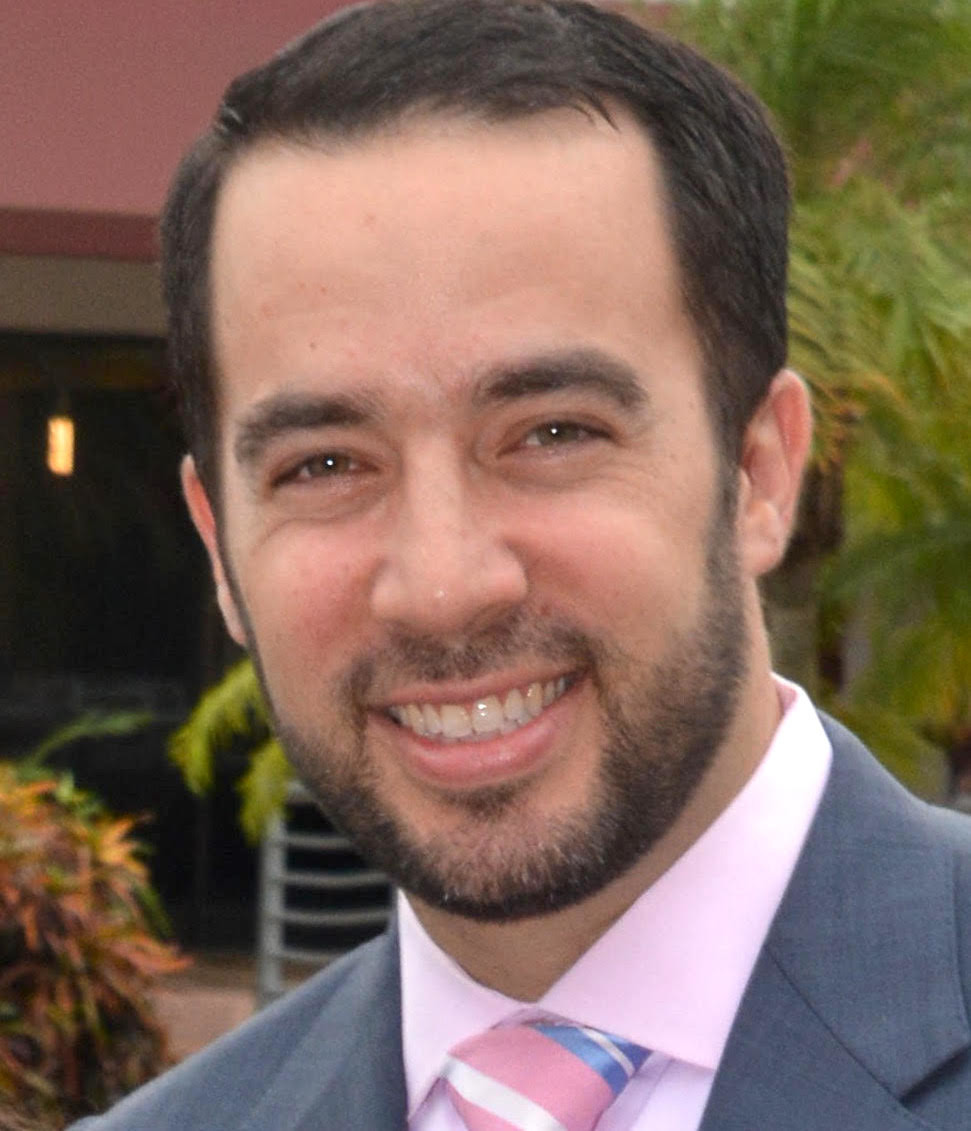How anti-Semitism will end
In the last two weeks, I’ve been seeing a mix of reactions to the tragic massacre at Tree of Life Congregation in Pittsburgh. I don’t know how many people are living on the edge, worried about where or when the next attack will be, but it is both sad and refreshing to witness the security measures many communities are taking.
Finger pointing at left or right is silly. This is deeper than political ideology — these are individuals who think that the existence of Jews is a problem.
There’s no rhyme or reason to Jew-hatred. There are anti-Semites who have never met a Jew. It’s an old story — a very old story.
After the Har Nof massacre four years ago, I addressed the question of Yitzchak’s reaction to the peace offer of Avimelech and Phichol (Bereishit 26:26). He says, “Why have you come to me? You hate me! You sent me away from your land!”
Yitzchak had been sent away on account of a dispute over wells, economics, and control. While he had originally been embraced in Gerar, it soon became clear that his success was extremely troubling to Avimelech and company.
Instead of asking him to teach them his secrets, instead of honoring his success, they vandalized his property: “And all of the wells that Avraham’s servants had dug in Avraham’s days were stuffed up with dirt and closed by the Philistines” (26:15).
How immature! You are in a land where fresh water seems hard to come by. Wells are good! Yet because you don’t own them yourselves, you stuff them?
And this behavior — of the Philistines! — is what leads Avimelech to expel Yitzchak. “Go away from us. You have become much more powerful than we are” (26:16).
Is that, in fact, the problem? That when Jews are successful, when Jews are influential, when Jews play a significant role in a society, they hate us?
And those who hate us are not just people who lack intelligence. In America, there are elitists who forget how the country was founded — “that Congress shall make no law respecting an establishment of religion, or prohibiting the free exercise thereof” also means that all citizens who share the same pursuits of “life, liberty and the pursuit of happiness” are not to be discriminated against for different beliefs.
The Jews who are admired are most often not outwardly religious. The religious — those who go to synagogue in whatever format — are the ones undeserving of basic American rights. Right?
So why was Yitzchak so upset? Didn’t he know this was his lot in life?
Actually, their treatment of him came as a total shock. Because while his father Avraham had some run-ins with Gerar in the past, when he explained to them that he had called Sarah his sister because they had not demonstrated “fear of G-d,” the message seemed to strike home. They seemed to understand and appreciate that fear of G-d was an essential quality for living in peace with persons who are different.
One must see that the other person is created in the Image of G-d. One must recognize that the other person deserves basic human dignity, and should be treated with decency. One must realize that sharing in the human condition means that while we have differences of opinion, those differences are not meant to be settled through the lifting of a weapon. (While war between nations is tragic, sadly it is sometimes necessary. But it is extremely rare — if not unheard of — for democracies to war against each other.)
And so Yitzchak was in shock over their hate toward him. Because while he had been financially successful, he hadn’t done anything to them to warrant their hatred. Which simply meant their hatred came from a jealousy, tempered only after Avimelech and Phichol came to the conclusion that making peace with Yitzchak was necessary.
“‘We have indeed seen that G-d is with you,’ they said. ‘We propose that there now be an oath between you and us. Let us make a treaty with you, that just as we did not touch you, you will do no harm to us. We did only good to you and let you leave in peace. Now you are the one who is blessed by G-d’ ” (26:28-29).
Hmmm. That’s not exactly how things went down.
But what does it mean? It means that the descendants of Yitzchak still encounter Avimelechs: people who are all smiles, who will deny that they ever hated Jews, and who will say, “Some of my best friends are Jews.” They’ll shift all blame off themselves, especially when being friendly is to their benefit.
B
ut in Avimelech’s case, there was one more reason. Targum Yonatan explains that in Yitzchak’s merit, G-d had been good to the land. When he left, the wells dried up and trees stopped producing fruit. They needed him to come back. It was an investment in the future.
I do not believe that Jews are the key to all success in the world. But I do believe that Jews contribute in a significant way wherever they find themselves.
It took the cessation of that blessing around the time Yitzchak left for Avimelech to wonder, “What happened to my land?”
And this reminded him of what drew his nation to appreciate Avraham in the first place: they had agreed to be G-d-fearing.
When that happens today, we will all enjoy life, liberty, and the pursuit of happiness. And Jews will not live in any kind of fear of where or when the next attack will strike.

 49.0°,
Mostly Cloudy
49.0°,
Mostly Cloudy 




